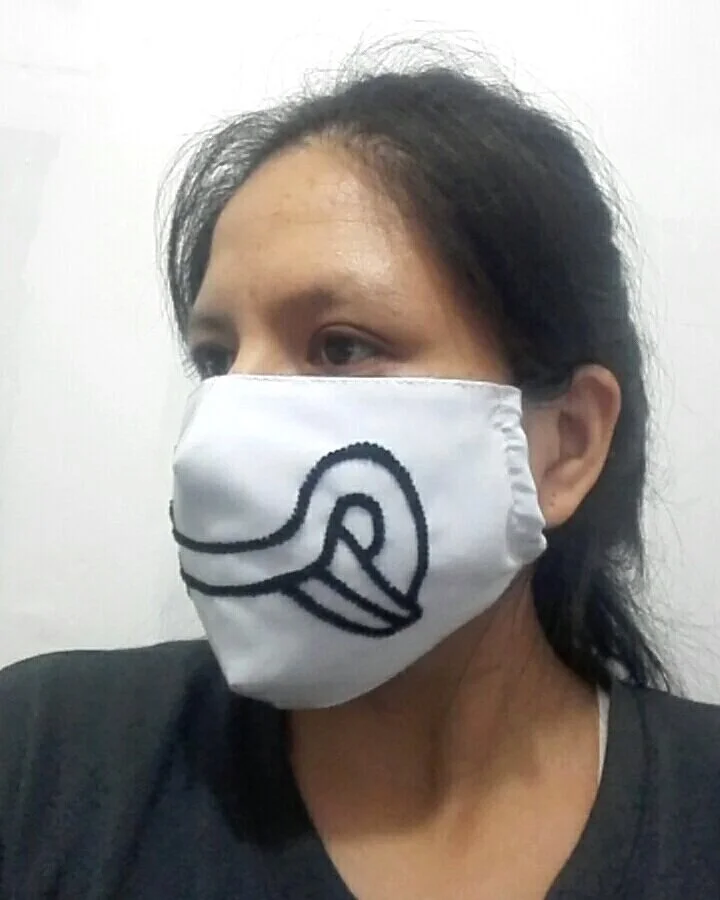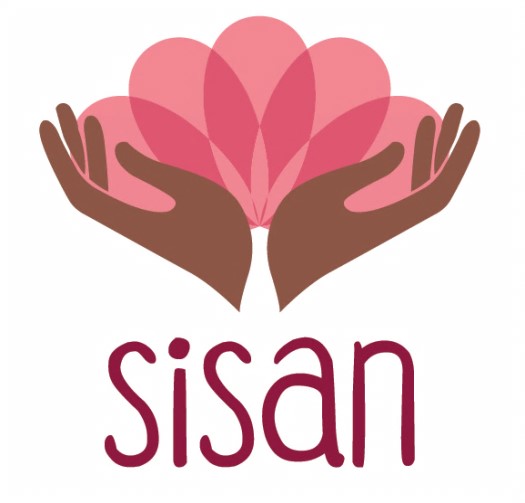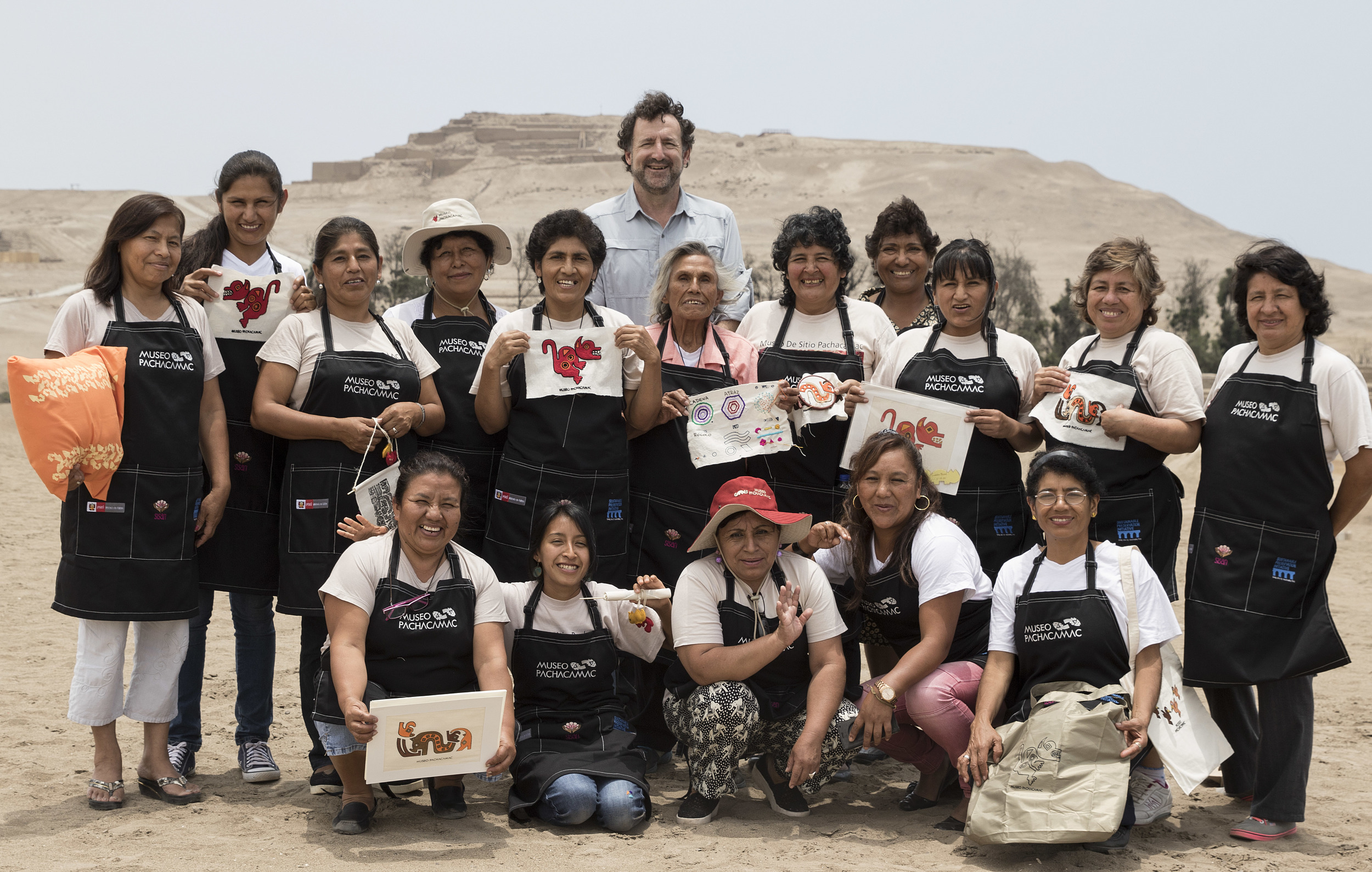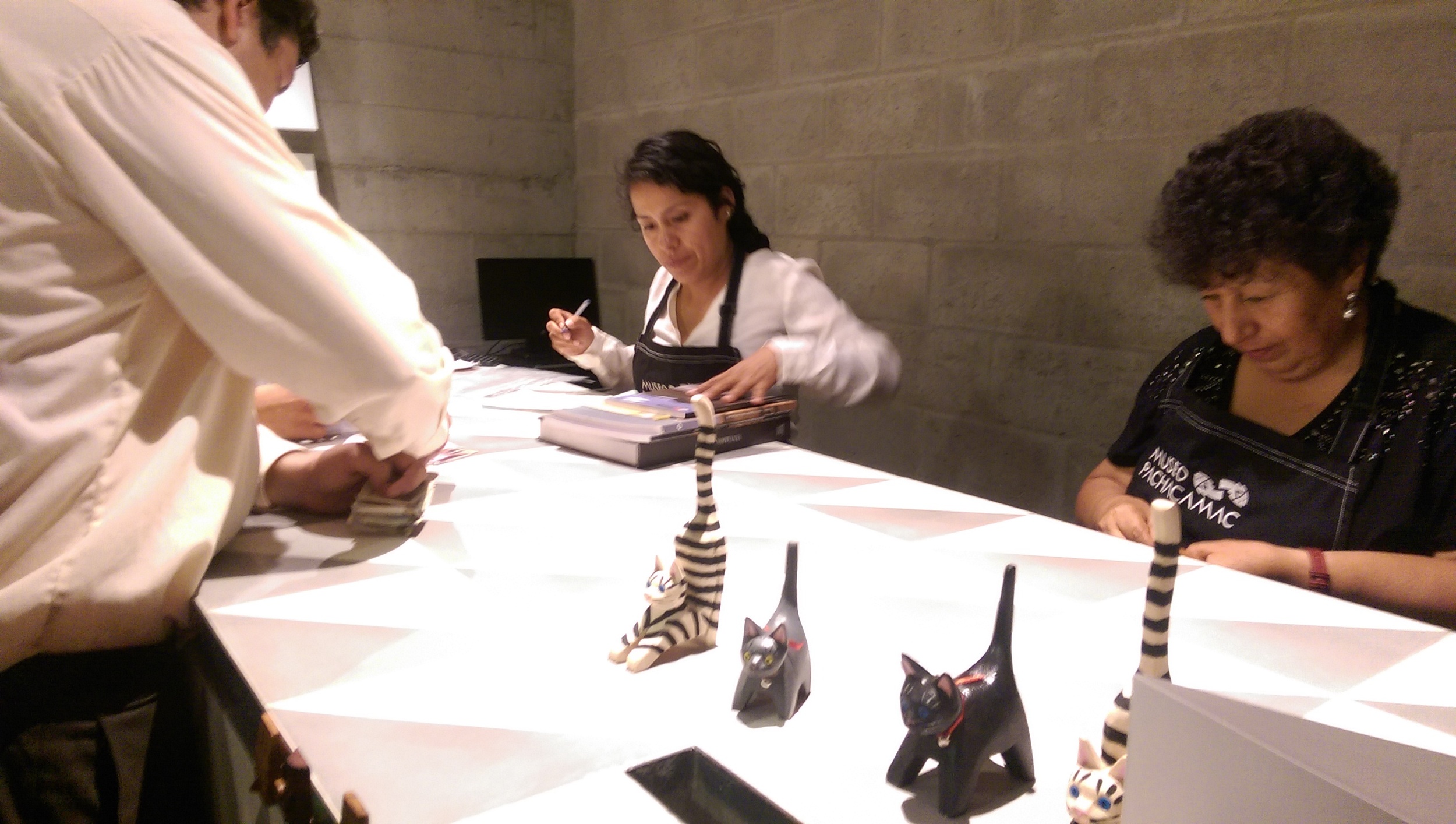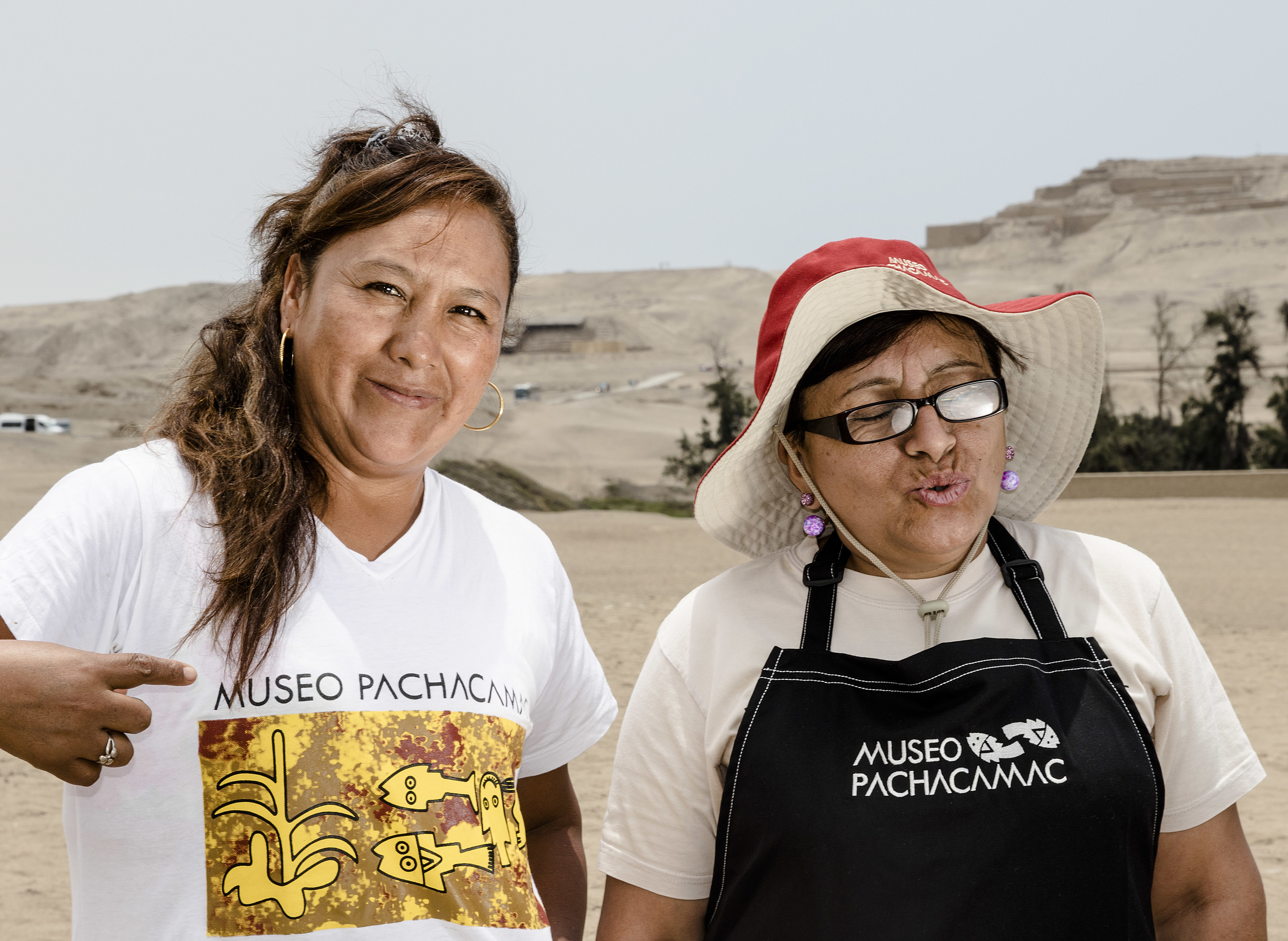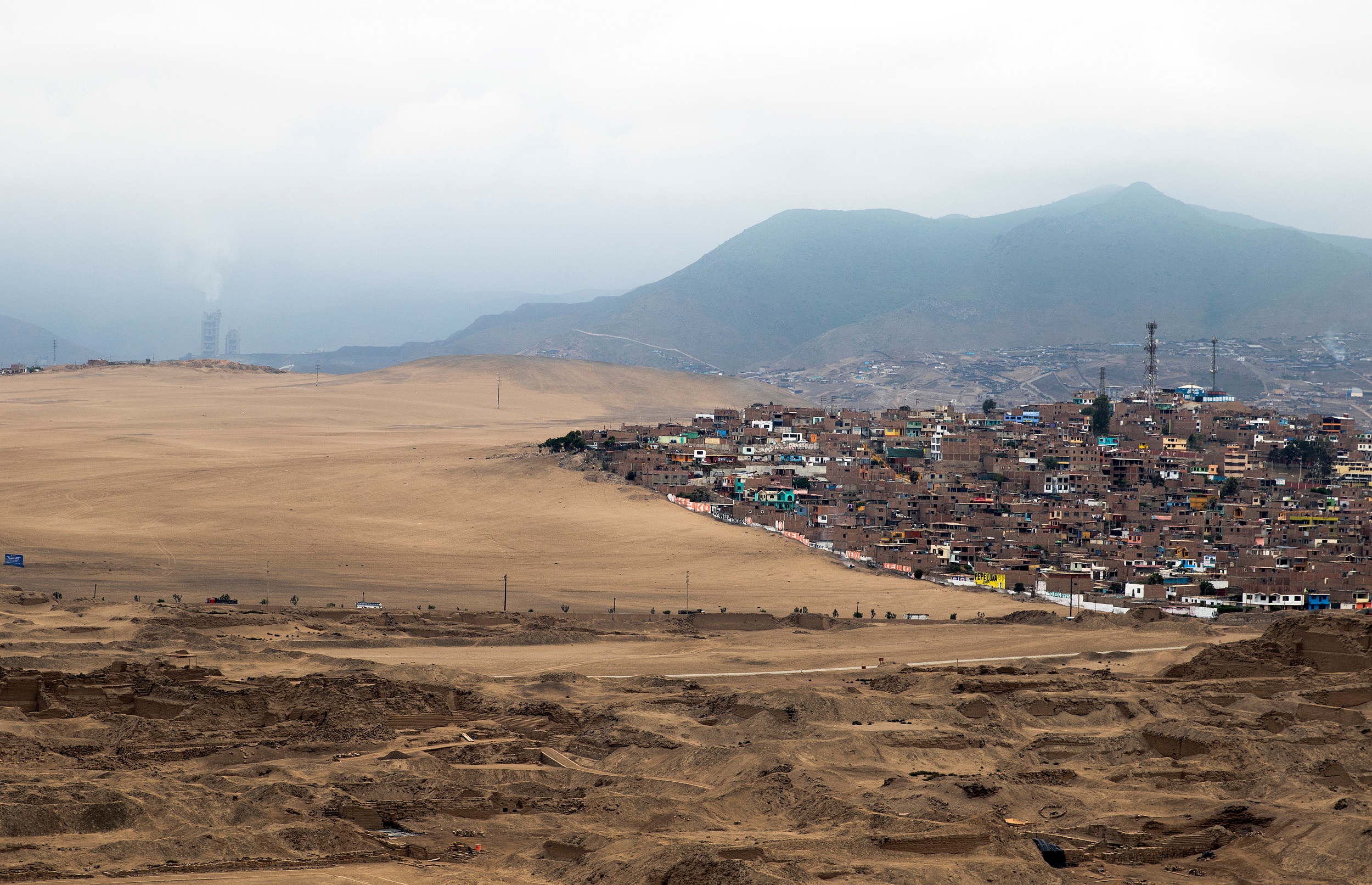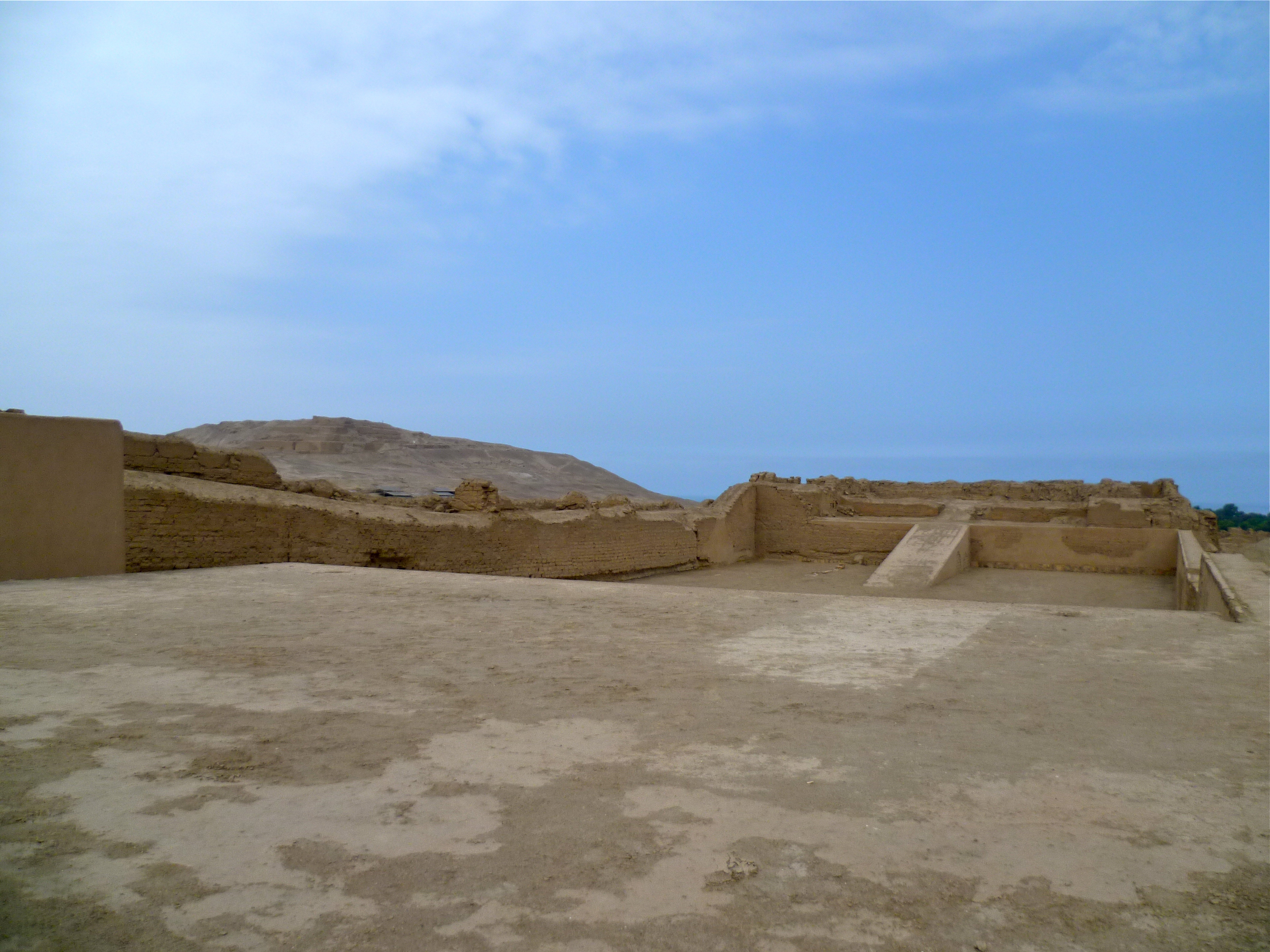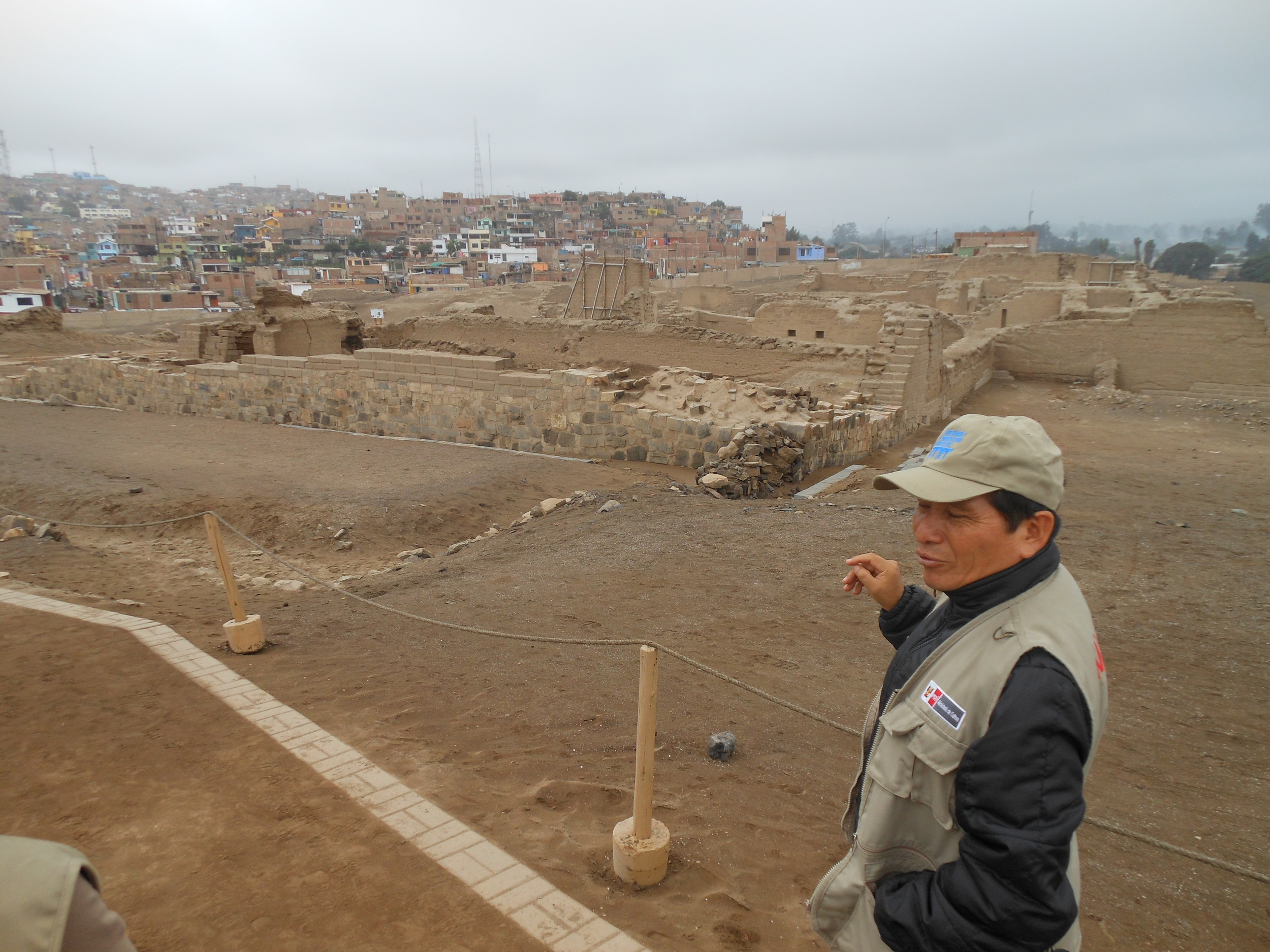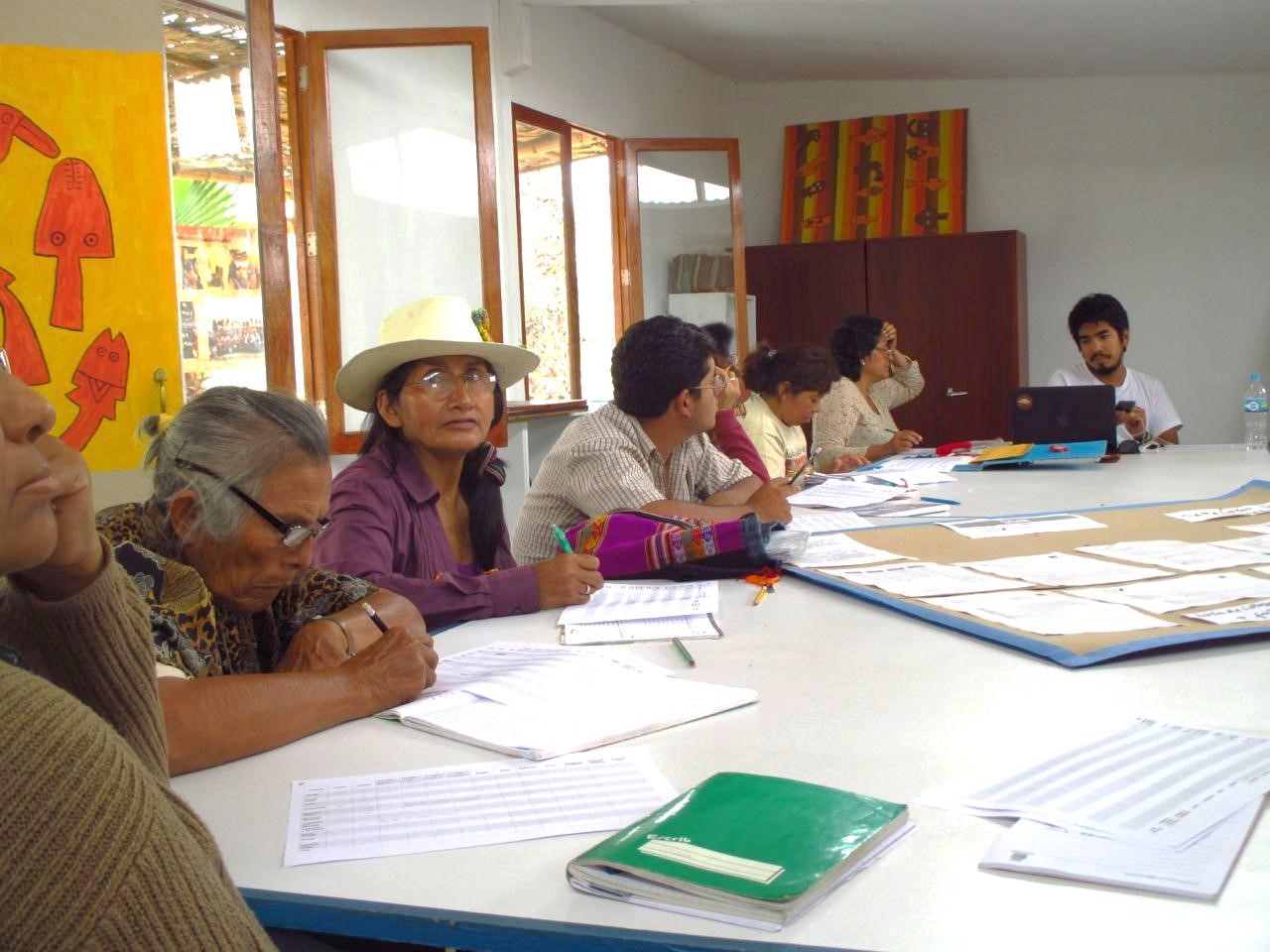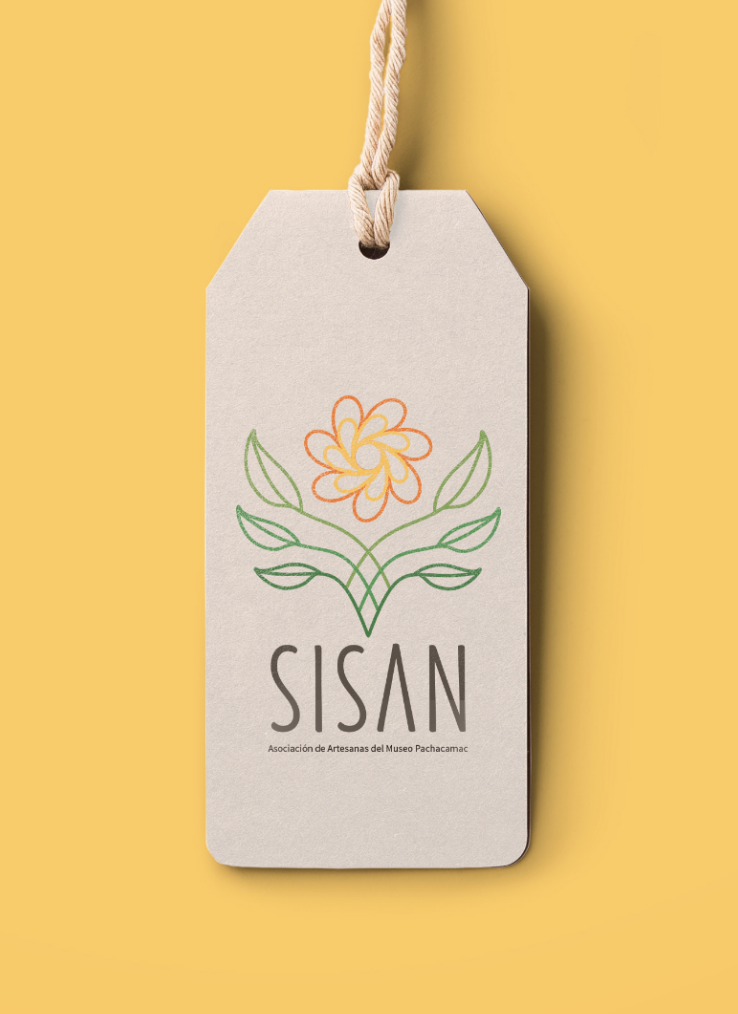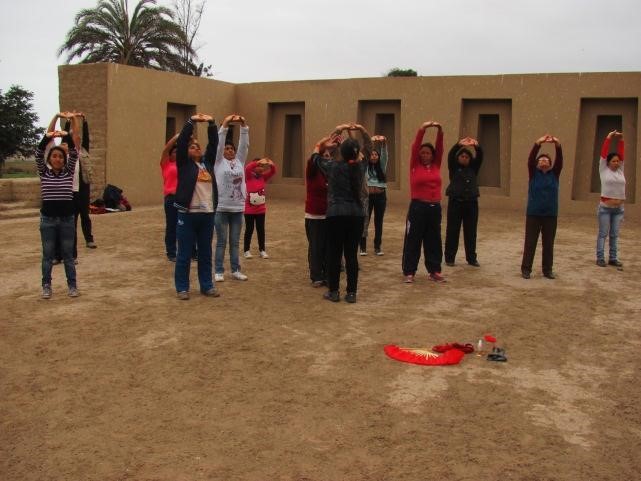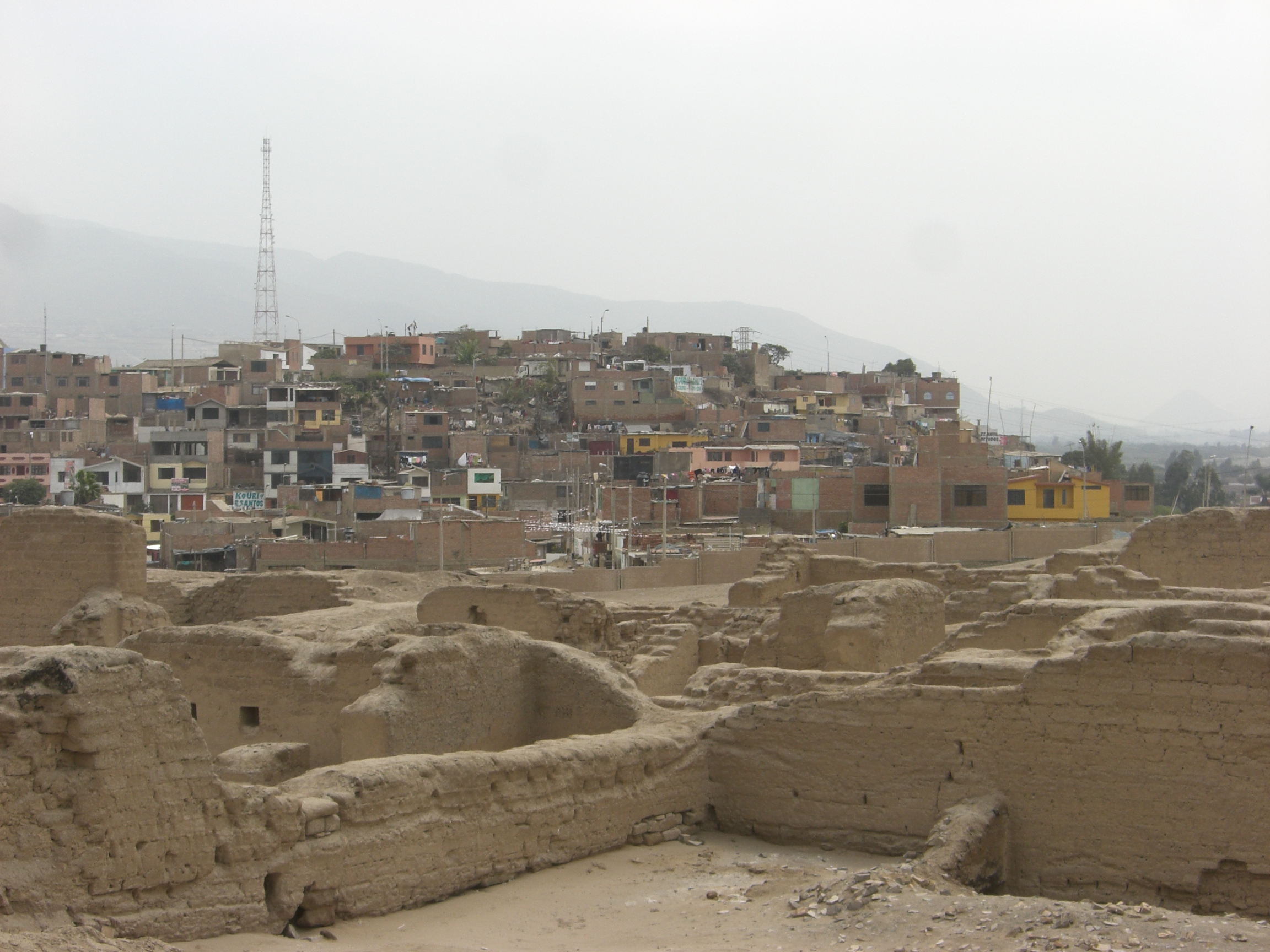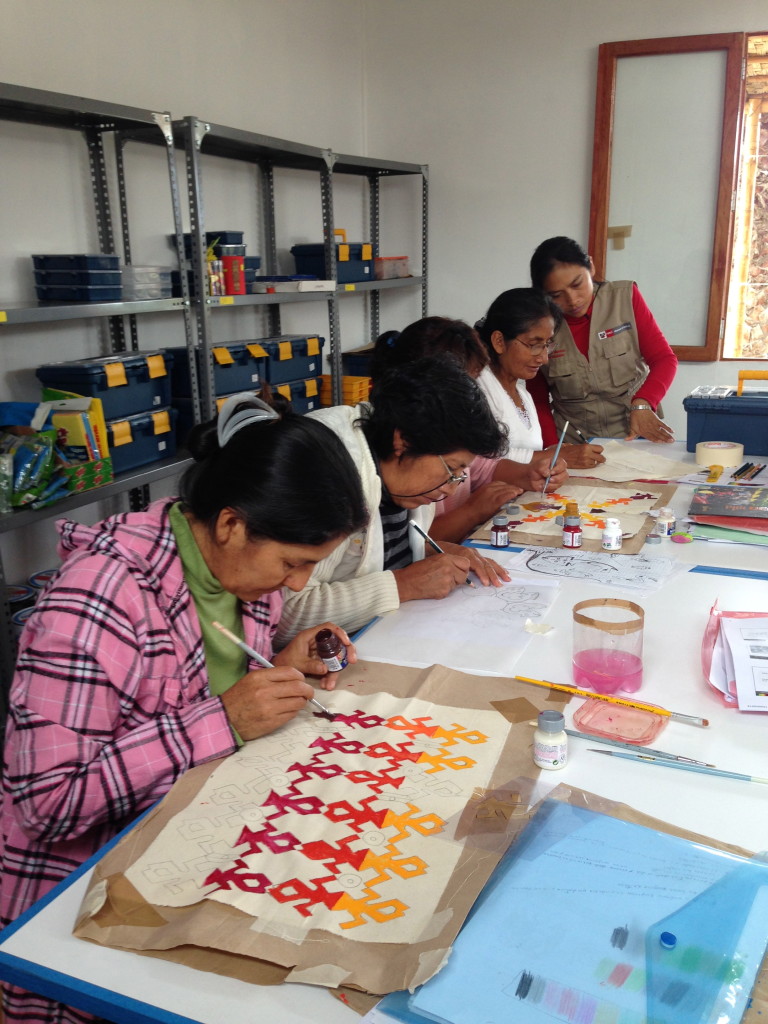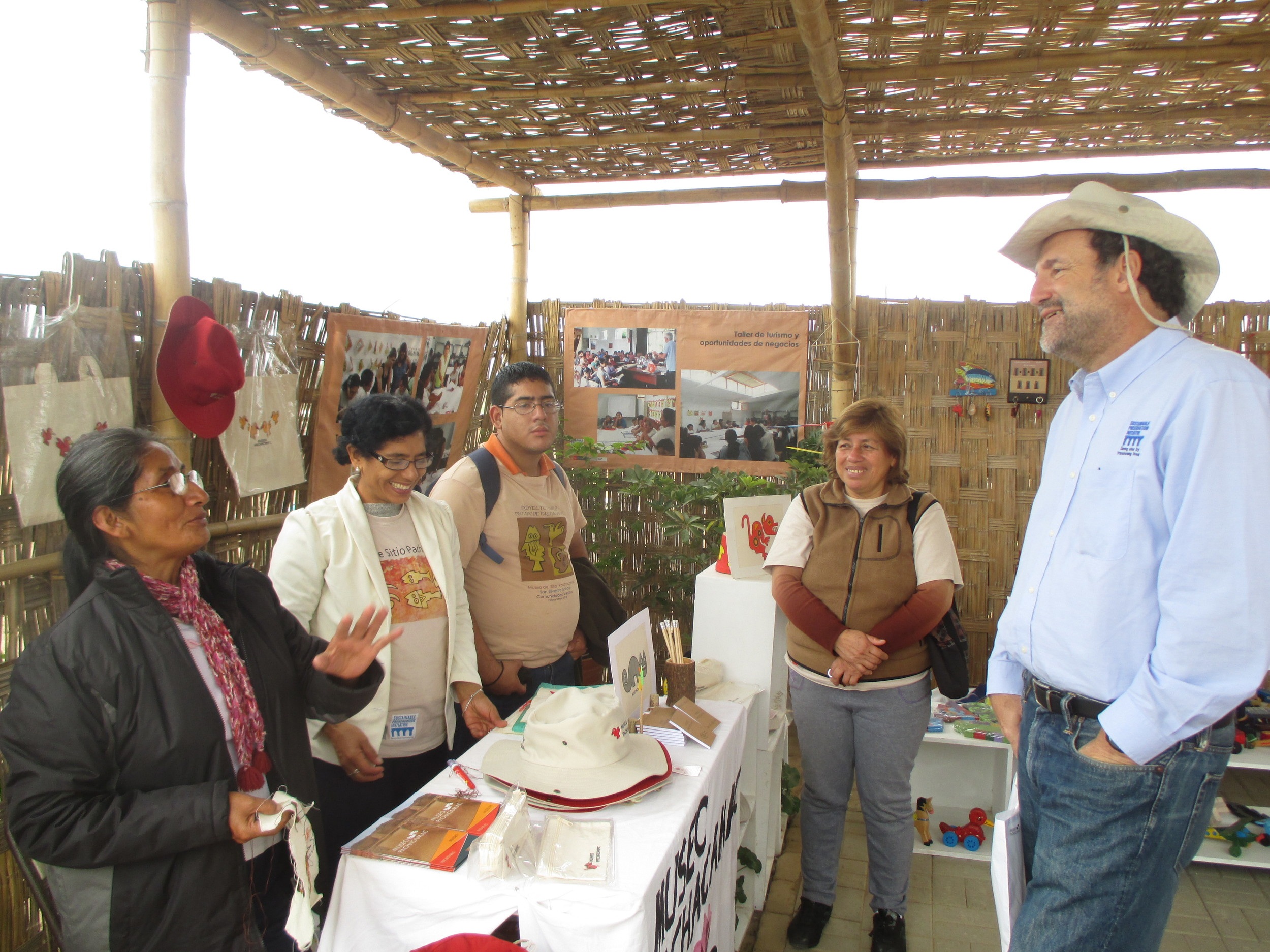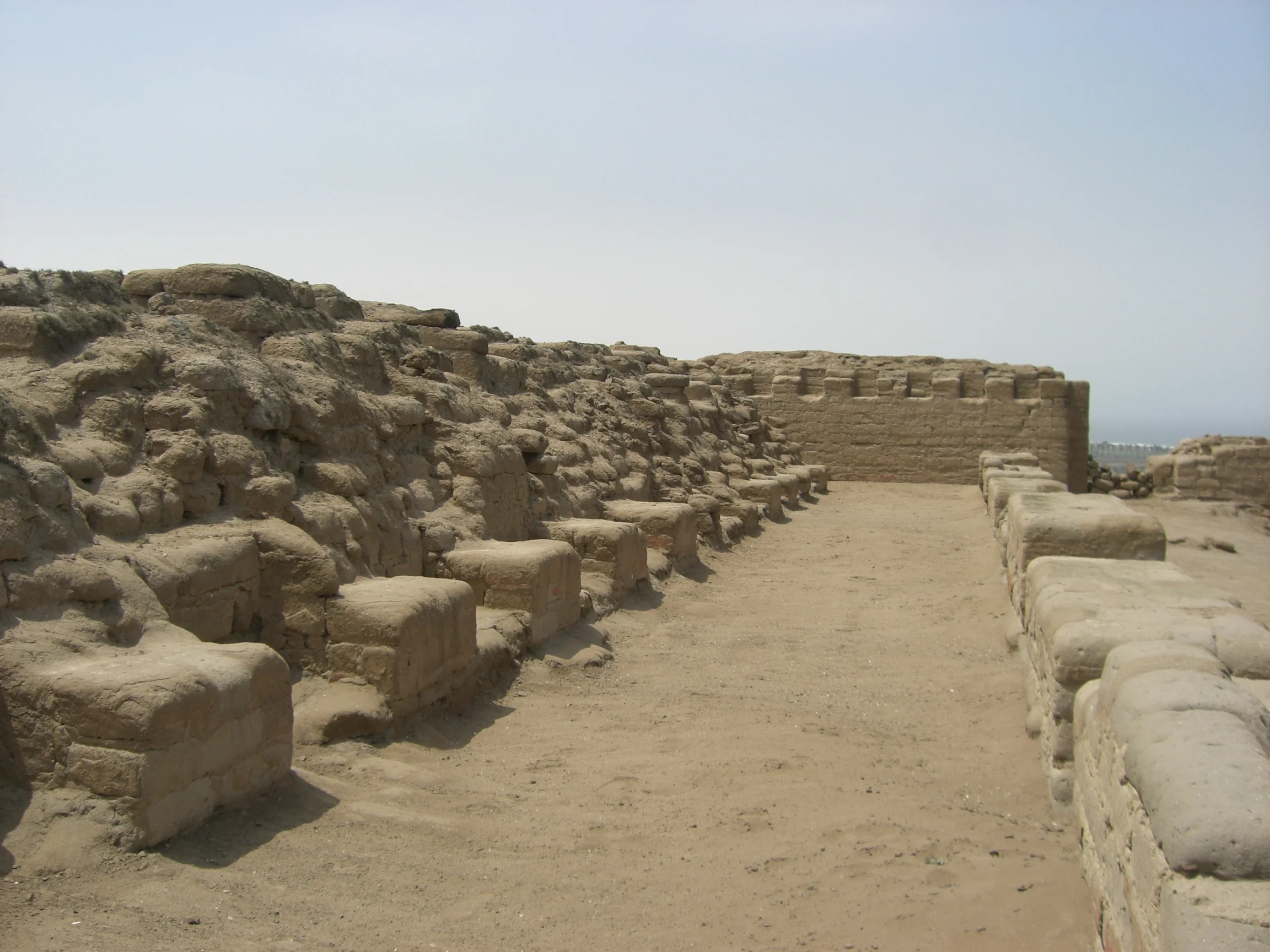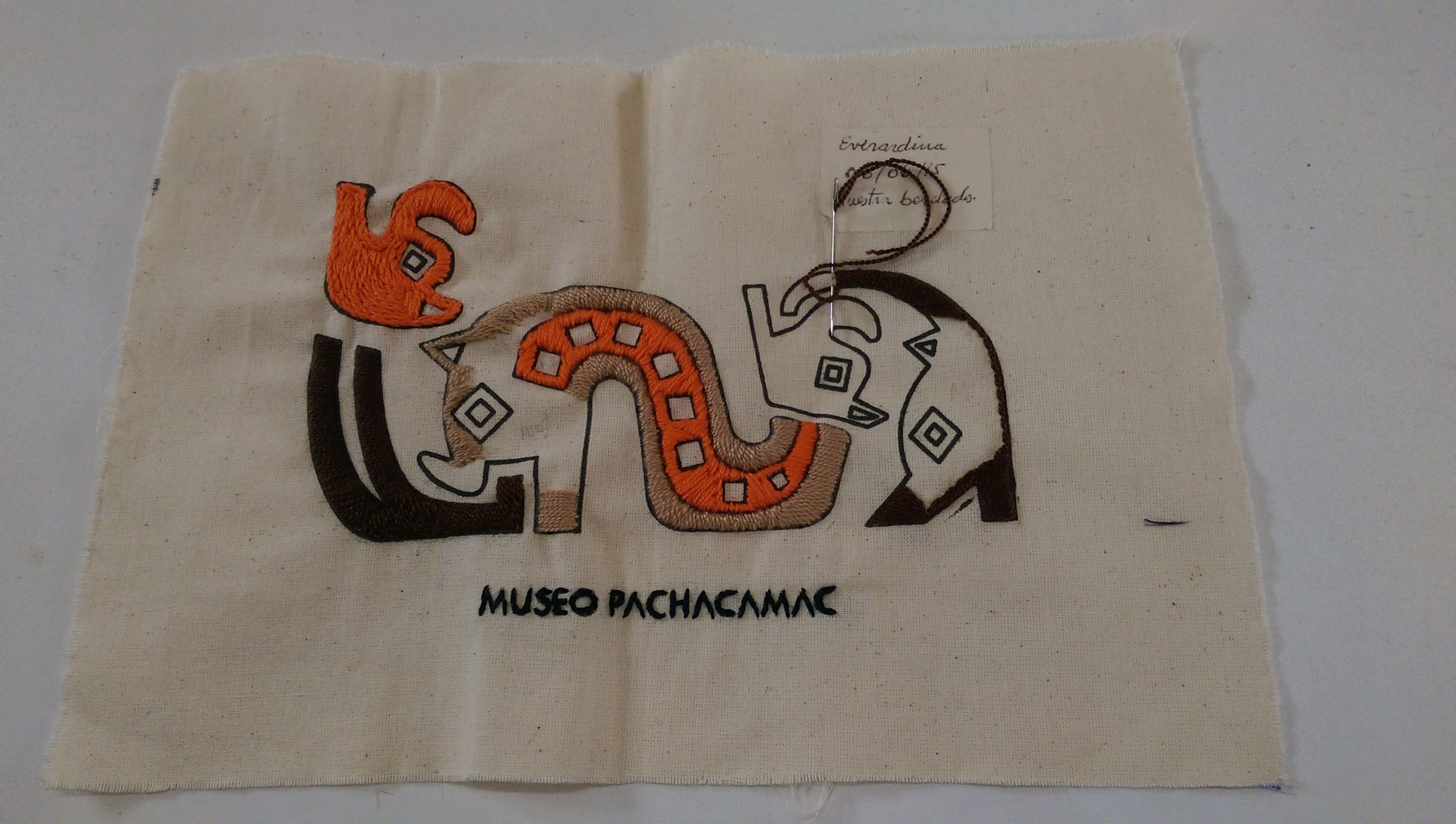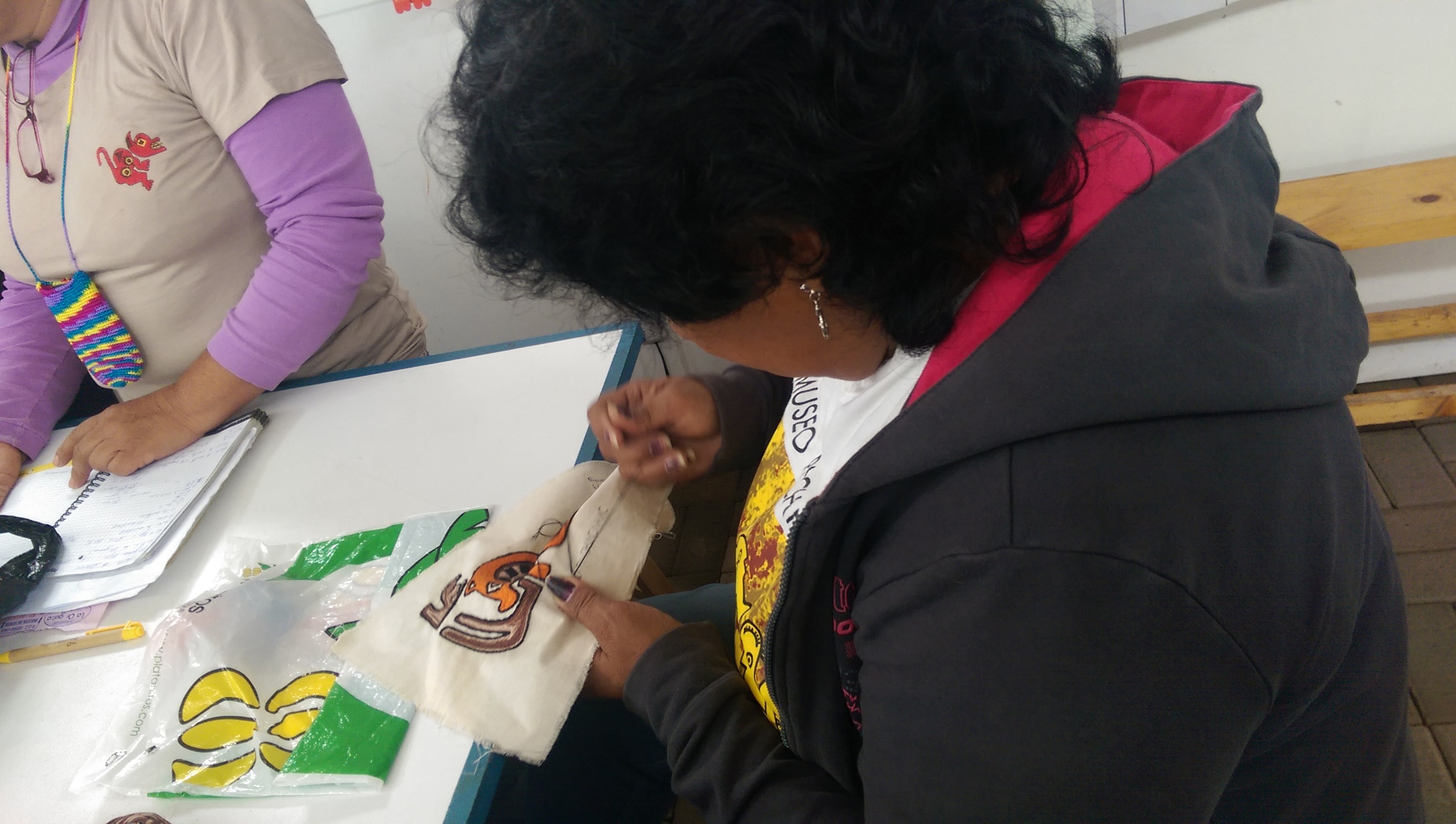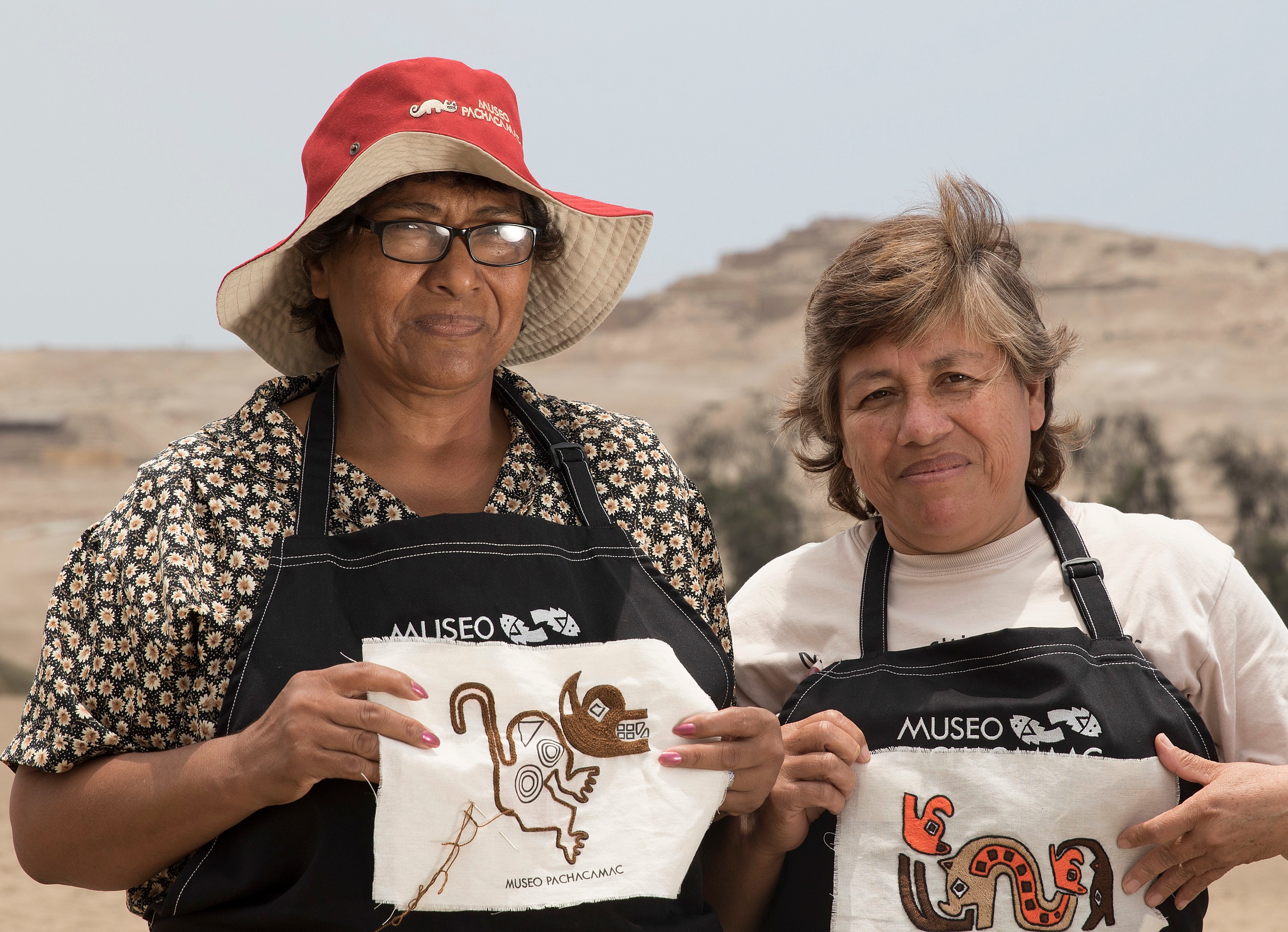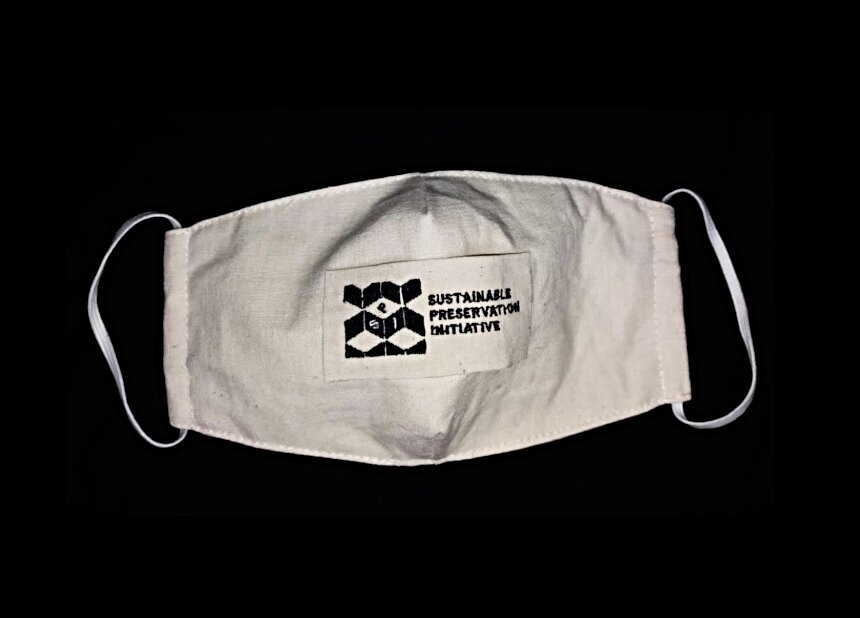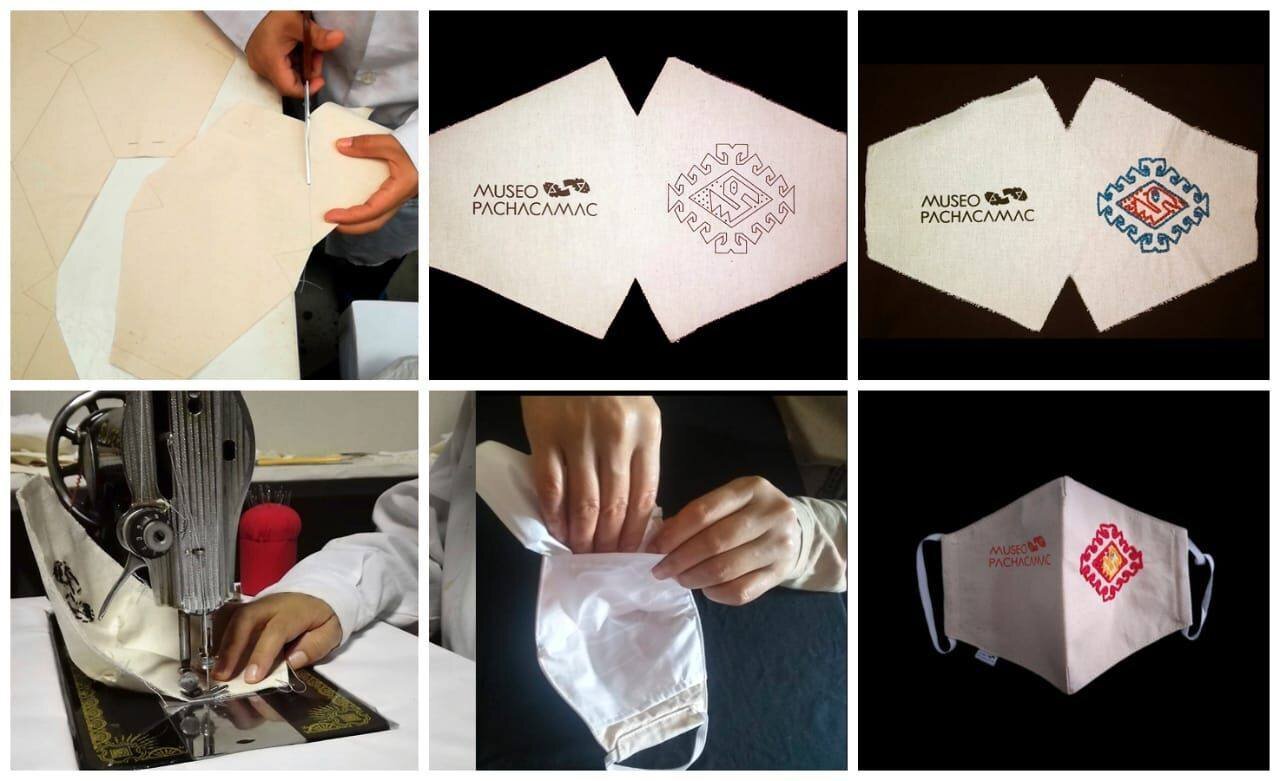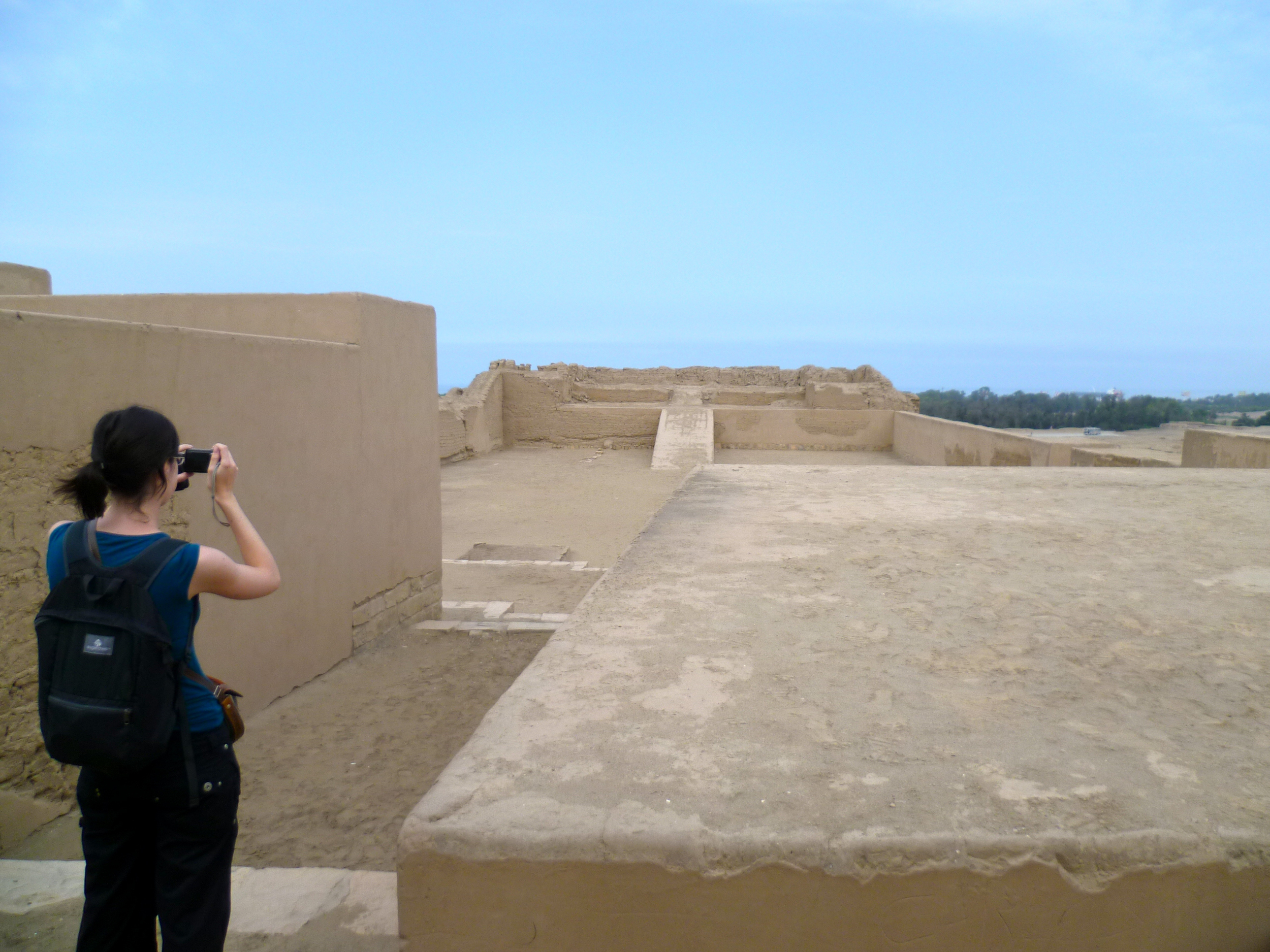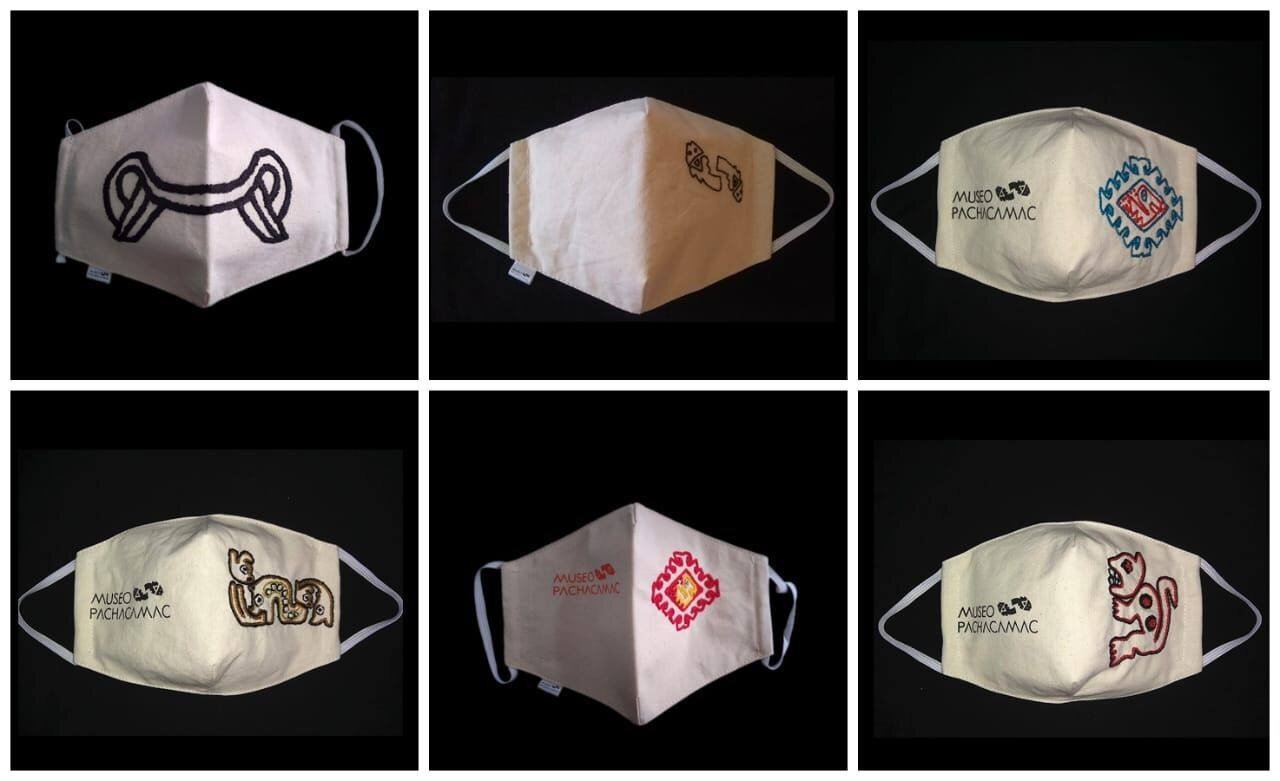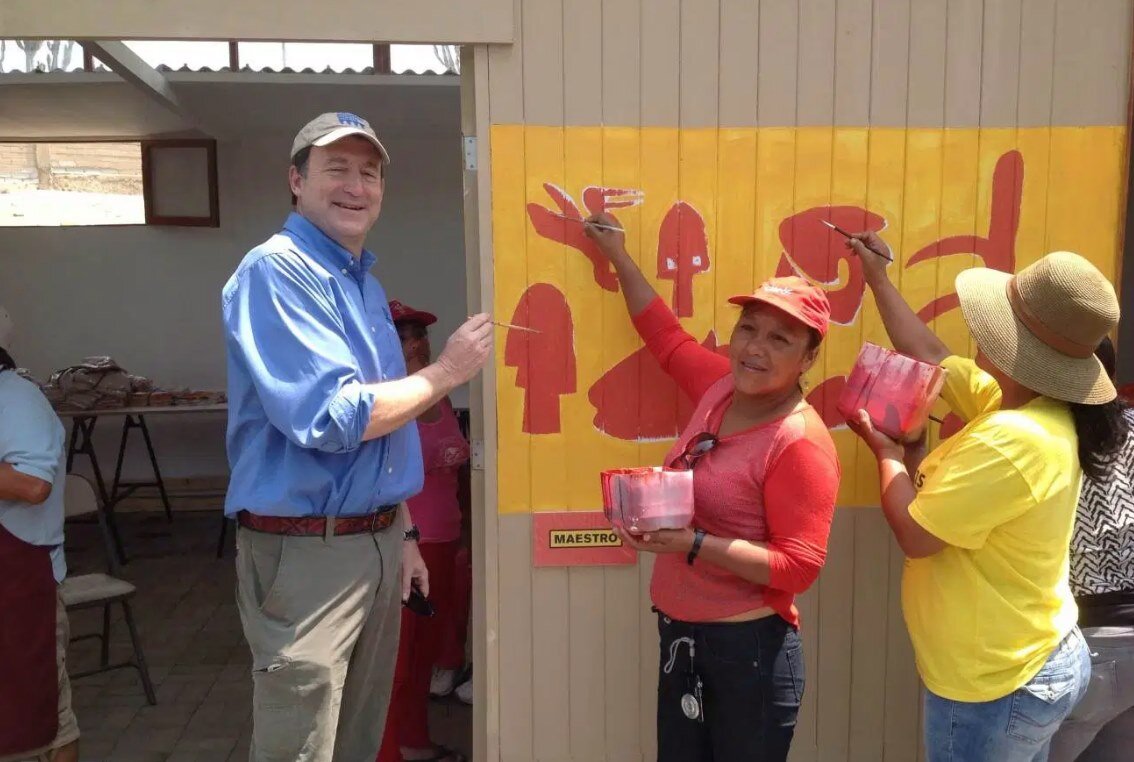SPI is promoting the conservation of the World Heritage Site of Pachacamac by making it An economic and social hub for disadvantaged women from surrounding divided communities
The Site
Pachacamac is a World Heritage Site and one of the most important ancient political and religious centers of the Andes. The enormous site covers 465 hectares and was occupied from the 2nd to 16th Century AD, one of the longest occupations of any site on the continent, witnessing many cultures come and go. It contains 16 pyramids with ramps and painted decoration, as well as numerous temples and other buildings. A venerated oracle operated at the site and people carried out pilgrimages from all over the Andes to worship and seek healing.
The Community
The community around Pachacamac is made up of a variety of settlements, none more than 20 years old. The settlements originate from recent invasion and contain a population of mainly children, teenagers and young adults. The recent nature of the settlements mean that public infrastructure is lacking and there are daily struggles for the possession of land and facilities to make a decent living. These struggles have created divisions between the various settlements and inhibited common development and identity.
The Project
SPI is promoting community development and site preservation by bringing together 23 women from settlements around Pachacamac to create a sustainable community business. The women have been trained in business and artisan skills and are working together to create craft products related to the cultural history of Pachacamac. They control and own the business, now called 'SISAN' and through it they build sustainable livelihoods for themselves and their families, strengthen local identity and put the site at the heart of the community.
National Geographic recently visited the project. Watch their video and read their findings here on the National Geographic Blog!
Peruvian national television also came to see what we were doing. Watch their report here. For those of you who don't speak Spanish, here are some of the things the women said:
“We knew about the site because we would walk by it. But now we value it.
We were just regular artisans or housewives but here at SISAN we have discovered who we truly are and have expanded our skills. Now we feel more important than before and we are able to provide for our households.”
Achievements
During the covid-19 pandemic, members of SISAN became emergency mask makers for the vulnerable community in Pachacamac, designing masks with a special tribute to local heritage (see photo).
SISAN now works with the airline LATAM Peru to recycle their old uniforms into beautiful products. Read more here (Spanish) and buy the products here!
SPI was awarded the 2015 Second Tourism Cares / Turismo Cuida to support the development of SISAN and local artisan craft.
SPI has constructed a workshop and meeting place for the group, developed the brand SISAN ('to flower' in Quechua), and delivered comprehensive training in business, craft and entrepreneurship skills to 23 women and one man from local communities. The meeting place has also created a new 'safe space' for the women outside their homes.
Sales began in December 2014, less than a year after the project was first announced. Since then the business has received over $150,000 in revenues. 2019 revenues were 5.5 times those of 2015!! Check out the graph below!
The women are now running their own business independent of SPI! They are getting their own contracts, growing their members, working on improving their sales, and expanding their product range, including making more use of their traditional craft skills.
The women have created a strong cohesive unit, overcoming traditional hostility between communities, with many already using the project to further individual and family well-being (see Sabina's story above for an example!). We have now also launched the BiciTour project at the site to help local young people.
The Pachacamac Site Museum no longer has to call the police to stop threats to the site from the local community - they value the site!
The Big thing we have learned
Business skills training is essential. The ability for these women, many of whom have never earned their own money, to manage and organized their own business comes from having the skills to do so. They are able to solve their own problems, making the business truly sustainable.
The Future
To help the business grow we are providing extra training to SISAN to incorporate more of the women's own artisanal skills into products to expand the range they offer and make them more unique. We need your help to do that!
“SPI gave me another vision and other goals, because education is a gateway to success and happiness, I feel empowered, not dependent on anyone; SPI also connected me to my roots because Pachacamac represents love from our ancestors passed on to us by history”
Coming from a impoverished background Sabina has been interested in handicraft from a young age and involvement in SISAN has allowed her to achieve her personal goals and develop herself. Sabina is responsible for production and sales analysis for SISAN and has subsequently won a scholarship to the prestigious ESAN University to study business. The knowledge she will acquire will not only benefit herself and her family but will be passed on to all the members of SISAN.
SISAN Project Updates
@SPInitiative is helping entrepreneurs in poor communities rapidly adapt their #smallbusinesses to the ongoing pandemic + make face #masks for healthcare workers and other vulnerable people. https://t.co/vMnspMpscB pic.twitter.com/UDh1gqWXxy
— SPInitiative (@SPInitiative) May 5, 2020
An important part of what we do at SPI is creating networks of female artisans and entrepreneurs through #workshops 🎨🖌 During this particular workshop, artisans from #SISAN designed products associated with symbols from the archeological site of #Pachacamac in Peru 🇵🇪 pic.twitter.com/ZoL002mAc2
— SPInitiative (@SPInitiative) February 3, 2020
The women of @SPInitiative supported SISAN cooperative at Pachacamac are honored by LATAM Airlines for their work recycling old uniforms into wonderful new products for sale. Congratulations!! #SISAN #buildfutures #MuseoPachacamac pic.twitter.com/pQ2xZhllPm
— Larry Coben (@LarryCoben) November 20, 2019
Creations from Las Señoras de SISAN on #sale at the Pachacamac Site Museum gift #shop 🇵🇪🛍 pic.twitter.com/eOqSSshJHv
— SPInitiative (@SPInitiative) March 18, 2020





